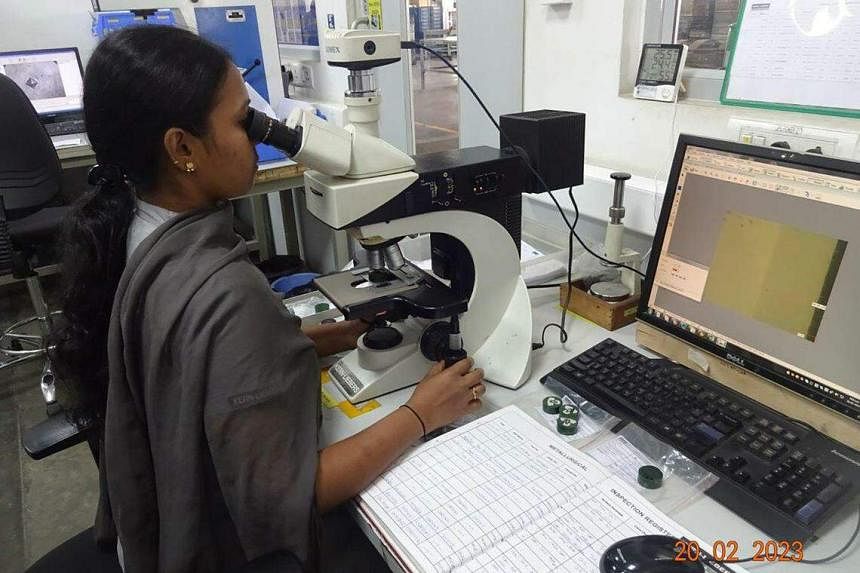

BENGALURU – The southern state of Karnataka is the first in India to allow round-the-clock production with two 12-hour shifts, akin to the practice of factories in China.
The state’s legislature passed a law on Feb 22 to amend the Factories Act, increasing the time an employee can work on the shop floor from nine hours a day to 12 hours, with breaks, and not exceeding 48 hours a week. The law now allows an employee to work at a stretch for six hours a day without a break.
The new labour law amends the permissible amount of overtime from 75 hours to 145 hours across a three-month period.
In addition, it permits women to work on night shifts, which is barred in most of India.
Women can now work between 7pm and 6am, but it is subject to getting their written consent and safety measures employers have to take, such as sexual harassment prevention, transport facilities at night, restrooms and closed-circuit television (CCTV) cameras.
The new rules make Karnataka’s labour regime the most flexible in the country, which its Labour Minister, Mr Shivaram Hebbar, said will “create more economic activities, employment opportunities, and hopefully attract foreign manufacturers” as well as local ones to invest in the state.
The amendment follows lobbying efforts by Apple and the company’s giant manufacturing partner, Taiwanese company Foxconn, to make labour codes in India more industry-friendly while they set up factories here, reported the Financial Times on March 10, citing sources.
Apple has been shifting production away from China after the country’s strict Covid-19-related restrictions disrupted the manufacturing of new iPhones and other devices in the country. It is also trying to avoid a hit to its business from tensions between Beijing and Washington.
The Karnataka government’s changes come as India, which has an abundance of unskilled and semi-skilled low-cost labour, tries to woo foreign manufacturers leaving China.
“India is in competition with South Korea, Indonesia, Vietnam, Cambodia and Japan to attract investments and be part of the global supply chain. Only when you have flexible labour laws, investments can be attracted,” said Karnataka Minister for Information Technology C.N. Ashwath Narayan.
By some estimates, at least 115 Taiwanese companies, including Foxconn, Foxlink, Winstron, Delta and Pegatron, have invested in India. Of these, 60 per cent have invested in five southern states.
An electronics manufacturer in Bengaluru told The Straits Times under the condition of anonymity that there is “almost a Taiwan cluster around Bengaluru and Chennai today”.
But the Taiwanese companies have faced worker strikes and uprisings as the staff and management struggled to agree on wages and working conditions.
Apple put its Foxconn unit in Chennai on probation when 17,000 workers went on strike in December 2022 after the food served for lunch made 150 people sick. In 2021, workers fed up with alleged underpaid and delayed wages ransacked a Wistron unit in Bengaluru.
State government officials said they are trying to ease laws and procedures that can help companies rely less on middlemen and contractors, who are partly to blame for the poor working conditions and labour strife.
In 2019 and 2020, India replaced its cumbersome 29 existing labour laws with four codes.
With an unemployment rate of 4.2 per cent, India is also trying to move its workers into more formal sectors and increase women’s share in the workforce, which stands at a low 25 per cent today, unlike in countries like Vietnam and South Korea, which are other key destinations for companies leaving China.
Labour union representatives, however, are worried that the new law in Karnataka sets an unhealthy precedent, with companies cutting costs by overstretching worker capacity to the detriment of their health and not hiring more employees.

